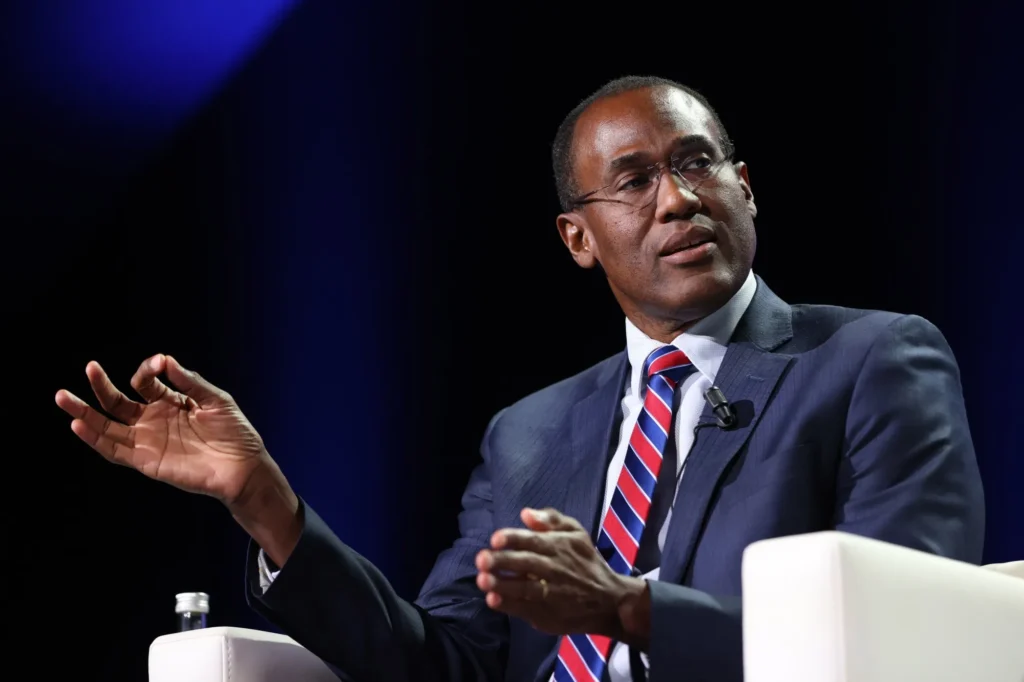Ethiopia has received a significant vote of confidence from the International Monetary Fund (IMF), as the Executive Board concluded its 2025 Article IV consultation paired with the third review under the four-year Extended Credit Facility (ECF).
The board authorised an immediate disbursement of approximately US$262.3 million (SDR 191.7 million), bringing total programme funding to about US$1.873 billion, an encouraging sign amid the country’s ambitious economic reforms.
Launched on July 29, 2024, the ECF supports Ethiopia’s Homegrown Economic Reform Agenda (HGER), designed to stabilise macroeconomic imbalances and stimulate private-sector-led growth. The programme has demonstrated early success, with all quantitative performance criteria met.
Notably, the nation surpassed its target for foreign reserve accumulation, buoyed by robust gold exports. Additionally, Ethiopia avoided new advances from its central bank to the government, prevented the accumulation of external arrears, and refrained from contracting non-concessional debt.
The IMF highlighted a raft of foreign-exchange (FX) policy reforms. These include improved transparency, reduced transaction costs, relaxed current-account restrictions, and enhanced prudential oversight—advancements that have boosted FX market efficiency. Officials underscore the importance of maintaining such momentum to consolidate competitiveness, bolster reserves, and phase out remaining FX controls.
Monetary and fiscal stewardship remains firm. The central bank continues to maintain tight monetary conditions to manage inflation, while fiscal policy is guided by prudence. Progress in domestic revenue mobilisation — through tax reforms, scaling back fuel subsidies, and strengthening state-owned enterprises — receives positive mention. The development of market-based domestic financing tools is also seen as crucial for long-term sustainability.
Tackling sovereign debt is a parallel priority. Ethiopia is actively pursuing debt restructuring within the Common Framework via the Official Creditor Committee (OCC) and seeking alignment with private commercial lenders. The IMF commends these efforts as consistent with programme requirements and debt sustainability goals.
In a statement following the board’s decision, Nigel Clarke, Deputy Managing Director and Chairman of the Board, praised Ethiopia’s robust start:
“Growth has been resilient, and inflation has fallen. The exchange rate reform has corrected real exchange rate misalignment and increased foreign exchange (FX) availability. Measures to modernize monetary policy, mobilize domestic revenues, enhance social safety nets, strengthen SOEs, and anchor financial stability continue to show encouraging results.”
Nigel Clarke

Ethiopia Needs To Sustain Reforms
Clarke emphasised the need to sustain reforms, noting potential risks from security challenges and diminishing donor support. He recommended continued deepening of the FX market, readiness for further reforms if FX inflows weaken, and ongoing vigilance over parallel-market spreads.
He also stressed future steps for monetary policy, urging the National Bank of Ethiopia (NBE) to adopt its policy rate as the main operating instrument and improve its communication strategy. Strengthening analytical capacity was flagged as essential.
Domestic revenue generation remains central to the reform agenda. Clarke called for income, excise, and property tax reform, alongside enhancements to customs administration. He also cautioned against non-concessional borrowing — except for the Koysha dam project — and urged careful evaluation of any new concessional loans to contain debt pressures.
Further reforms will target the financial sector. Clarke advocated for reduced financial repression, improved regulatory oversight, and closer monitoring of credit growth and banks’ FX exposures. Strengthening the legal framework underpinning the NBE, by appointing board members and safeguarding its independence, was identified as key to supporting Ethiopia’s financial autonomy.
The IMF Executive Directors broadly endorsed these findings, highlighting “significant progress” on the homegrown reform agenda and applauding the strong macroeconomic performance.
Noting the downside risks, including potential social discontent, security challenges, and climate shocks, Directors emphasized the need to maintain the reform momentum, with technical assistance from the Fund and development partners, to consolidate gains and support a more favorable investment environment and diversification.
As such, with the new disbursement, Ethiopia is better positioned to address balance-of-payments needs and navigate fiscal pressures. But success hinges on continued discipline and commitment to reform implementation.



















